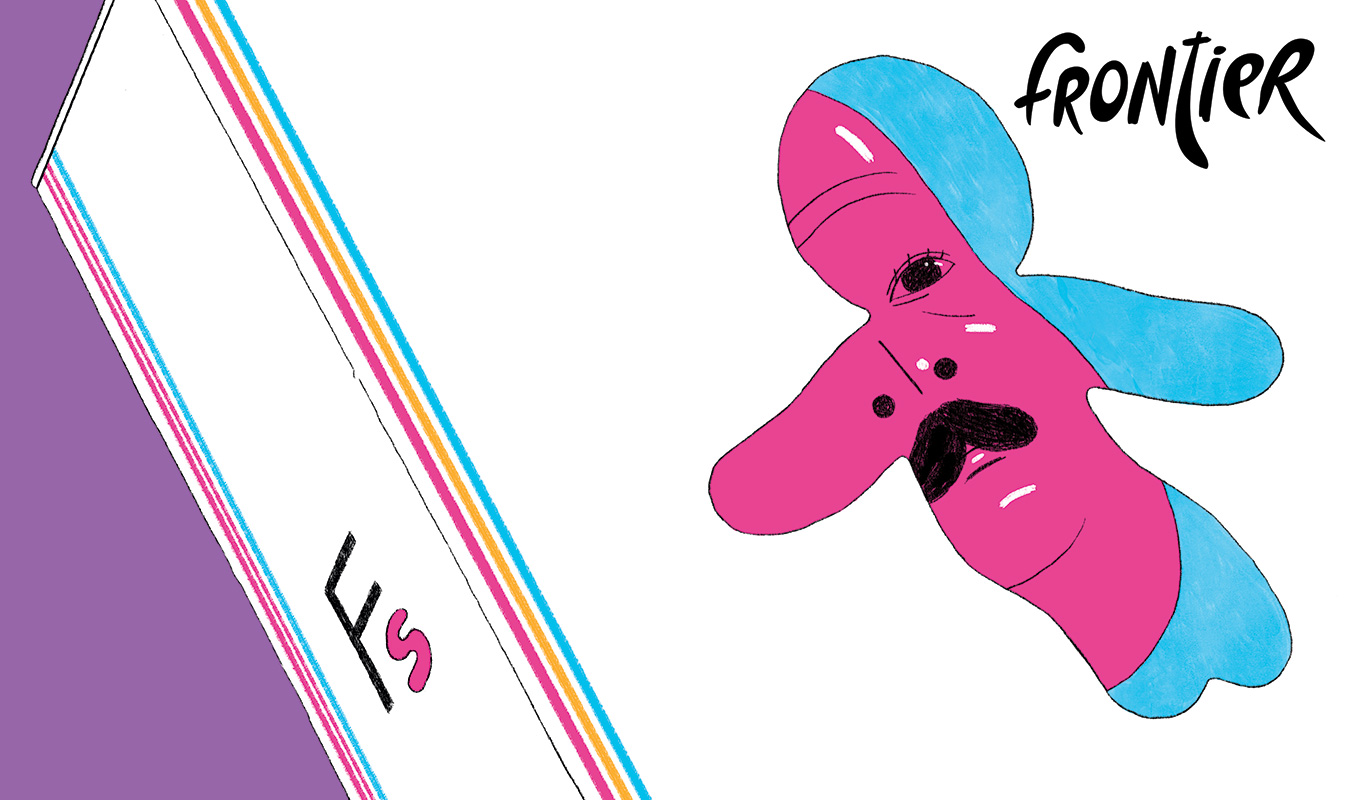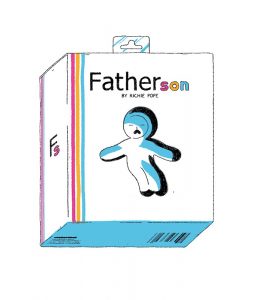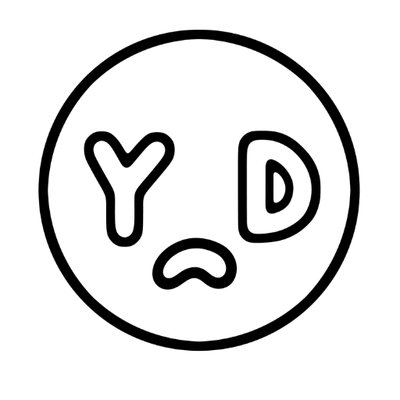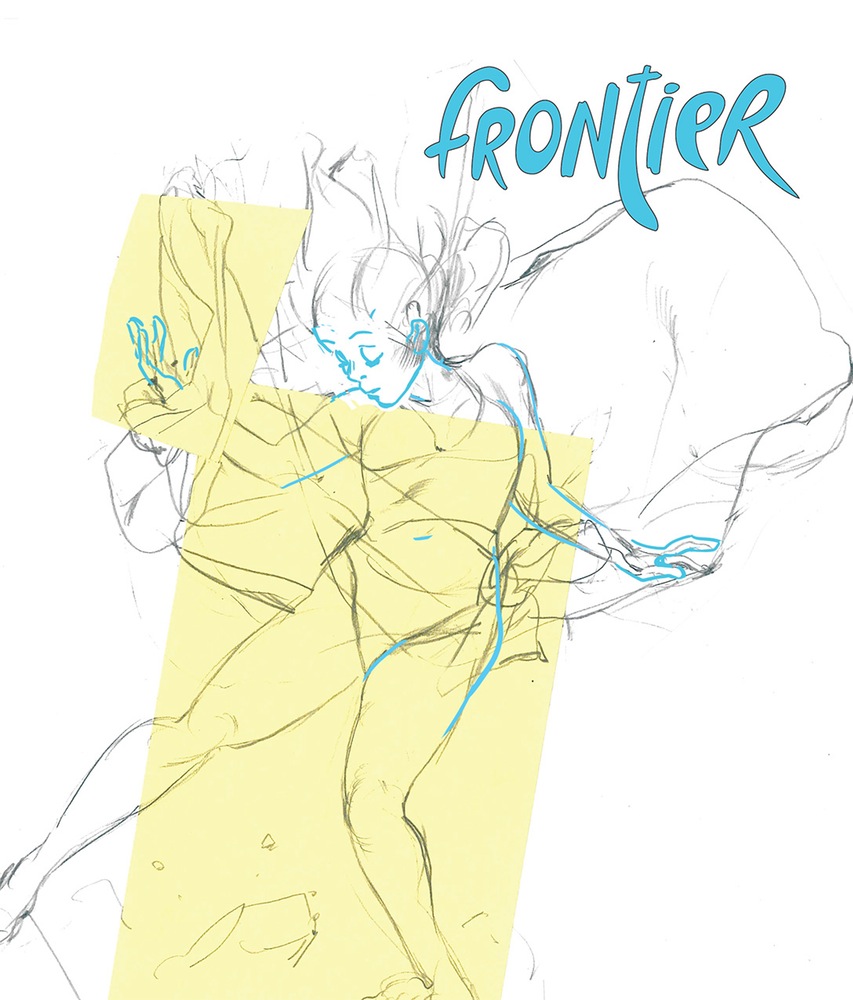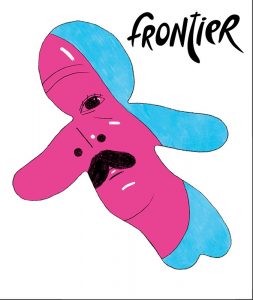
I’ve often been wondering how I will fare as a father. Before he was born, I’d constantly ask myself if I was going to be good enough? Now that he’s here, there’s a sense of urgency to be as good as I can, act as good as I can. I’m not sure how I’m doing, I hope I’m doing ok. There’s no grading system that tells you how you’re doing. You can only guess and wonder. Kids change so quickly, when you think you’ve gotten the hang of something, it’s already too late, I can barely keep up. I’ve read about parenting, but I’ve been delinquent on reading the books I should regarding my son’s development. I’ve been relying on instincts more than I should in my parenting approach. It’s not bad, but I always considered myself to be someone who would research a topic properly before engaging in it. I feel like I’m failing at this parenting thing right out of the gates. The highest stakes I’ve ever faced in my whole life and I have a hard time mustering the will to learn how to do better, to be better. I’m constantly worried I’ll fail my son, like I’ve failed so many other relationships in my life. Some days, I lay in bed before sunrise, before my wife and son are awake, wondering if I’m cut out for this. When he smiles at me, I smile back, I wonder how old he’ll be when he realizes I’ve messed him up. When I realized how messed up I was and how much of that was coming from my upbringing, I was 15 years old. Will it take this long for him? I love him, I hope this will be good enough.
I think the biggest lie parents tell each other is that they have things under control. Some people are better at pretending that they’re handling it. Deep down, everybody is freaking out. No one knows what they’re doing. I think that might be people are so quick to offer up parenting advice, they know they have no control over anything, but they figured out this one thing about their own child correctly, and they want to share it no matter how unwelcome or irrelevant to the situation or the child their advice may be.
I have a good relationship with my own father, though I’m not blind to the ways his influence have molded me, sometimes in the wrong way. My dad is a hoarder, just like his own parent. I’ts something I’ve been fighting against my entire adult life, preventing clutter, and regularly purging unnecessary items in my apartment. I need order, but I’m not always good at keeping things tidy. I’m worried one day I’ll slip and I’ll be just like him, inundated under piles of messes and paperwork I haven’t dealt with. This feeling is constantly nagging me, following my in shadows and thoughts constantly and I can’t shake it. His relationship with screens are also unhealthy. I’d travel four and half hours to visit my parents in my hometown of Quebec City and he’ll just be working on his computer, sometimes doing actual work, often times, just erring online. Or my mother and him will visit me in Ottawa, but it’s the same thing. I thought we would talk more, but there’s a barrier between us. I carry my smartphone with me constantly, it scares me how often I use it. How disengaged I can become.
I love Youth in Decline’s Frontier series. Each new issues bringing a new artist and a completely new idea or concept to explore. I’m amazed at how fantastic each issue has been since it started. The latest issue Frontier #13, contains Richie Pope’s story Fatherson, a deeply intimate look at fatherhood. The premise of the story is simple, there’s a product called Fatherson. It comes in a tiny box. Put it in water and it will expand into a humanoid father figure. The instructions indicates to not move or agitate the water, or they might be unintended flaws in the Fatherson, but regardless, each Fatherson will be incomplete, seemingly able to only do one thing (one eats meat and lift weights, another goes to museums, another plays basketball). While these traits may be charming, they are not enough to form a complete being. It often times isn’t enough to just play basketball, parenting requires a higher level of engagement. I wonder if my son will think I’m a one-note weirdo who reads comics books, or if he thinks it’s fine that I read comics.
Pope’s comic operates like a picture book, the same kind I’m reading to my son when I actually read him books, another one of my failings. Each pages is filled with a text and a single drawing. Pope’s colours here are truly remarkable. He uses a small palette of colour efficiently, depicting each Fatherson as a charming but odd-looking humanoid. The colours made them seem almost like candy. His decision to not colour each figures completely, leaving white stripes on each characters, makes them look glissening and surreal. This simple colour palette, including the simplicity of the art seemed to serve a thematical purpose. Those incomplete Fatherson being themselves coloured in an incomplete colour, with a limited colour palette, thus preventing them from being multi-faceted individuals. This felt like a particularly strong design choice.
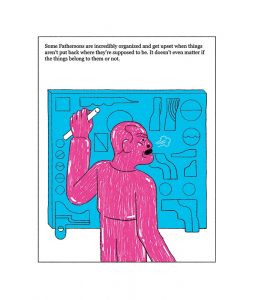
This story is deceptively simple, a single read will not do justice to this comic. Like poetry, layers upon layers of meanings are coded into it, revealing itself as one re-reads it. I think this may be the single best compliment I can give this comic. I read it while listening to the latest ambient album by Casino Versus Japan (another occasion for self-reflection and feeling inconsequential in this universe) and days later, it still sticks with me. This may be the personal review of a comic I’ve ever written. Frontier #13 is good. I’m going to go clean up my apartment and carry my son now.
Frontier #13
Richie Pope
Youth In Decline
$7.95
Buy online


